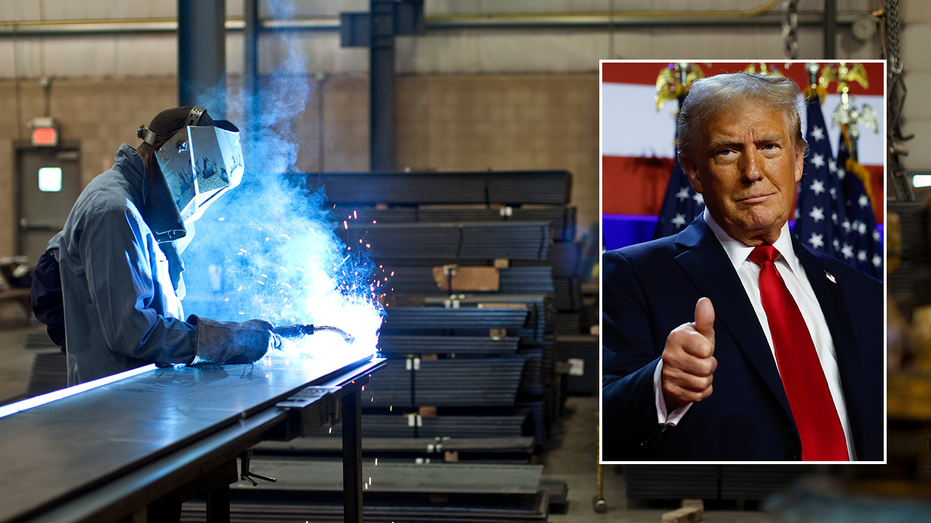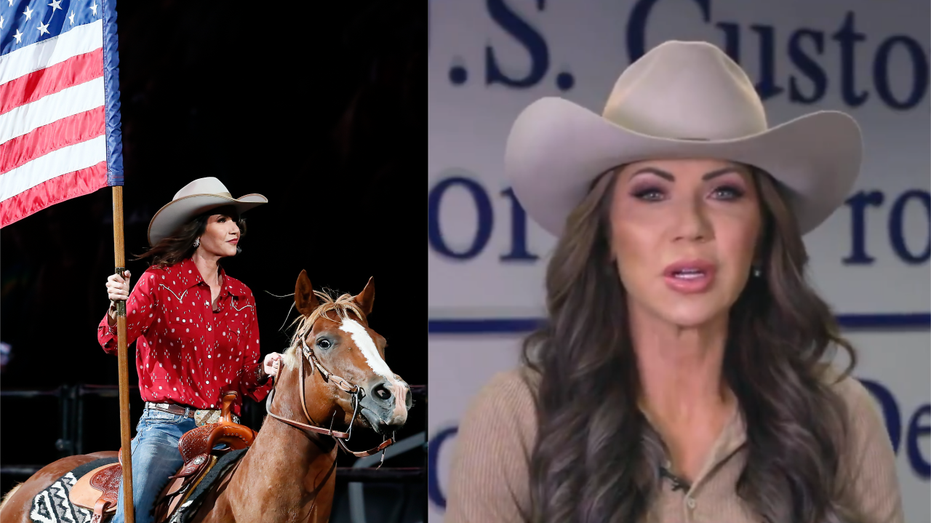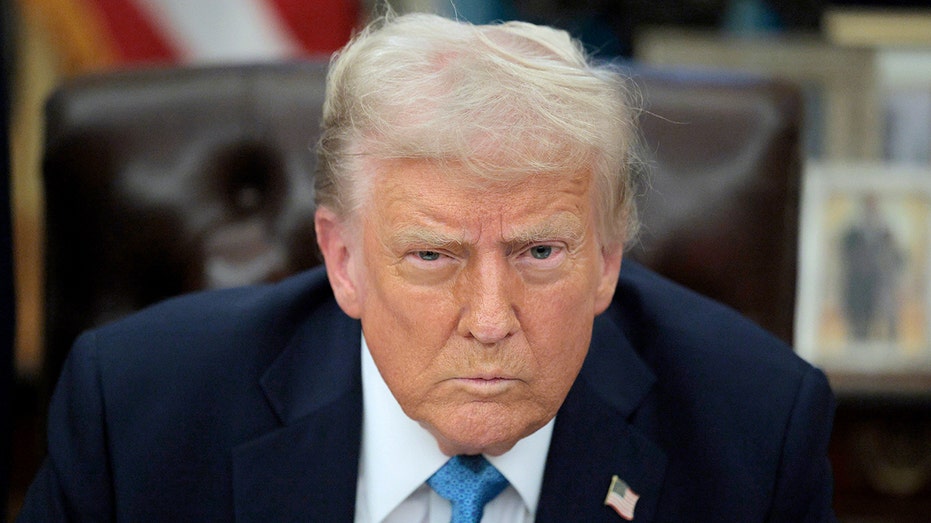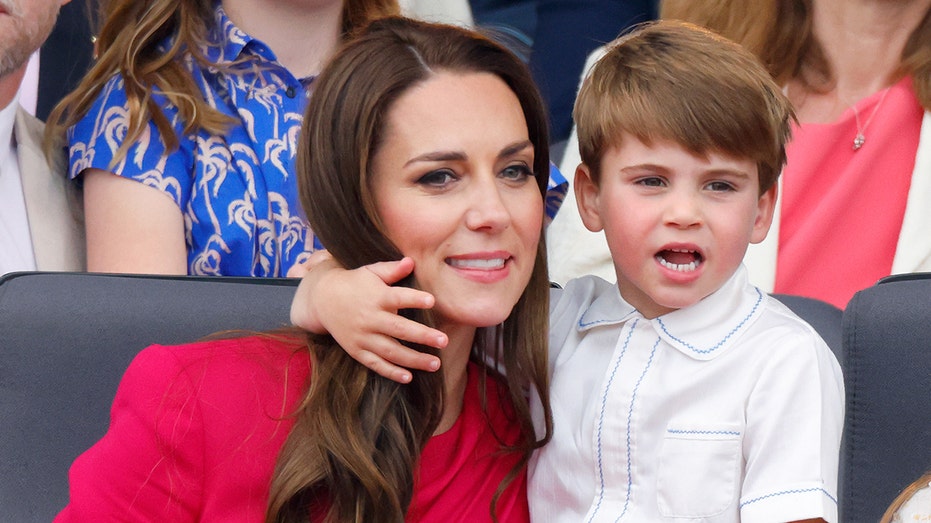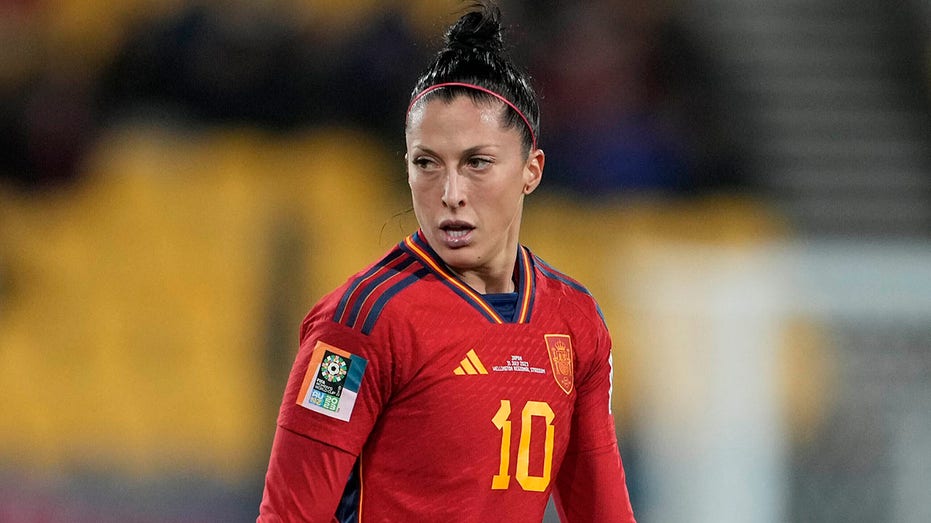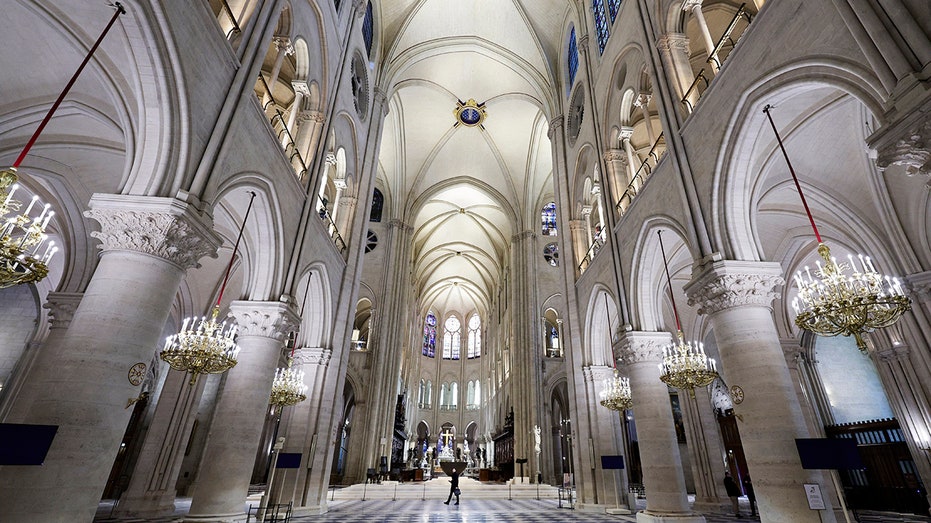- by foxnews
- 04 Feb 2025
‘It puts everyone in a really bad position’: Black journalists react to Trump joining NABJ panel
‘It puts everyone in a really bad position’: Black journalists react to Trump joining NABJ panel
- by theguardian
- 31 Jul 2024
- in politics
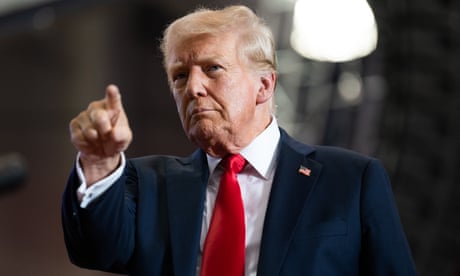
On Monday night, the National Association of Black Journalists (NABJ) announced that Donald Trump will participate in a panel discussion at the organization's annual convention in Chicago, which starts on Wednesday.
The announcement, which said that the Q&A would "concentrate on the most pressing issues facing the Black community", was met with swift online backlash from some Black journalists. They decried the decision to invite a presidential candidate who has lambasted Black journalists, led a movement to squash diversity, equity and inclusion efforts and who is responsible for increased anti-journalistic sentiment, including the popularization of the term "fake news" to describe factual, but potentially unflattering, reporting.
Tiffany Walden, a co-founder and editor-in-chief of The TRiiBE, a digital platform that focuses on Black Chicago, told the Guardian that NABJ's decision was "irresponsible".
"We've watched Trump threaten to send the feds here when he was in office," Walden said. "We've watched him use Chicago as a dog whistle in all of his campaign's materials during his first run for office. He talked about Chicago having top gang thugs. So this puts the city of Chicago and its residents in a very vulnerable position. It also puts Black journalists in a very vulnerable position at a convention that's supposed to be a safe space for them."
Ameshia Cross, a political analyst, echoed this sentiment on X: "The same Trump that attacked Black journalists from the stump. The same Trump who is attacking DEI, can't get ahead of his own racism and sexism. And the guy who wants to dissolve journalism as we know it, that's who is speaking at #NABJ24 w/ record attendance. C'mon yall."
Another journalist, Carron J Phillips, called the move "the single dumbest and worst decision in NABJ history".
The outcry led to the NABJ president, Ken Lemon, and others defending the decision, saying that Black reporters should have the opportunity to question a political candidate.
Kamala Harris is scheduled to speak elsewhere on Wednesday, when Trump will be at NABJ, but her confirmation to attend this year's convention, which lasts through Sunday, is "pending", according to NABJ.
Tia Mitchell, the chair of NABJ's political journalism taskforce and a Washington correspondent at the Atlanta Journal-Constitution, wrote on X: "I helped make this call. And it's in line with invitations NABJ has sent to every presidential candidate for decades. But continue to go off on your feed. I'll continue to work to create opportunities for journalists to interview the potential next President." (Mitchell, NABJ and NABJ's Chicago chapter did not respond to requests for comment.)
Wednesday's panel will be moderated by Rachel Scott, a senior congressional correspondent for ABC News; Harris Faulkner, who anchors The Faulkner Focus and Outnumbered for Fox News; and Kadia Goba, a politics reporter for Semafor.
"As journalists, we can never be afraid to tackle someone like Trump," Jemele Hill, a contributing reporter for the Atlantic, wrote on X. "The reality is that he is running for president and needs to be treated as such. Being questioned by journalists is part of the job, and especially important in the company of Black journalists. Mainstream media keeps trying to convince us that he actually is gaining support among Black people. Let's see if it's true."
But the journalist Matthew Wright pushed back on the notion that there was anything productive in questioning Trump.
"What does that serve?" Wright said to the Guardian. "We literally just watched him talk to Laura Ingraham [who] was trying to get him to answer different questions, but he practically played evasive of action even then. If a super conservative white woman can't get straight answers out of him, what makes you think that three black women are going to get them?"
In a statement about the NABJ appearance, Trump's campaign wrote: "President Trump accomplished more for Black Americans than any other president in recent history." Some journalists used this statement as evidence that NABJ's decision to platform the former president was harmful, and would lead to further perpetuation of falsehoods.
"This is the way 45 is touting his appearance before @nabj this week. Was this what you wanted [Tia Mitchell]? He is already lying and he isn't even in Chicago yet. This is your legacy," April Reign, a media strategist, wrote on X.
The timing of the panel announcement - less than 48 hours before the convention's start - also drew concern from NABJ members.
Shamira Ibrahim, a culture writer, told the Guardian that she was shocked by the decision.
"It puts everyone in a really bad position," Ibrahim said. "You already paid your convention fees, you already paid for a hotel that's likely not refundable at this point, flights are likely difficult to get replaced. Even if you have a moral opposition to it or an ethical opposition to it, you're kind of already stuck in whatever plan you made."
NABJ's annual convention has allowed Black journalists a space to fellowship and gather safely since the organization's founding in 1975, with some reporters likening it to a family reunion. Inviting Trump, Ibrahim said, undermined that sense of community.
"NABJ is primarily not just a place for journalists to get opportunities to interview politicians, but also a place for Black journalists to network, to have open conversations about things that are happening in the industry, to attend panels, and really get a sense of how to shift in a very, very volatile, fragile space," she continued.
"Inviting someone who, one, has made targeted attacks on Black journalists, two, has actively been responsible in defunding programs that help build Black journalists, and three, has publicly attacked the Black press flies in the face of any sort of fidelity convention."
On Tuesday afternoon, a coalition of organizations, including Chicago Alliance Against Racist & Political Repression and Anti-War Committee Chicago, announced plans to rally outside the convention to "tell Trump he's not welcome in Chicago".
- by foxnews
- descember 09, 2016
Travelers flock to top religious landmarks deemed 'most Instagrammable'
Travelers visiting religious landmarks across the world may see a photo opportunity that's worthy to share on social media. Here are 10 popular spots, plus some attractions in the U.S.
read more